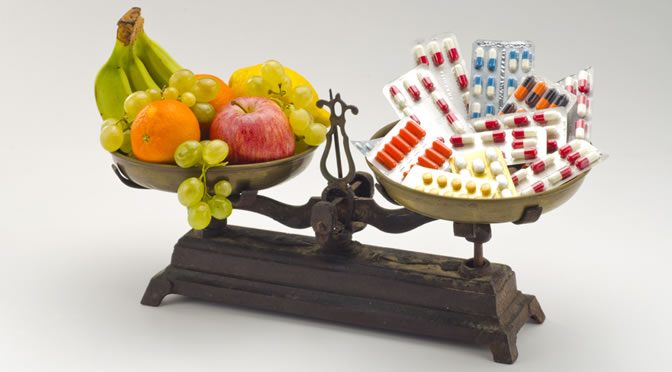Intestinal bacteria can be distressed by our lifestyles, which can strongly impact our health.
The diversity of bacteria in the human gut is linked to everything that we eat or drink, including the effect of different medicines.
Recent studies on a large group of normal populations in Belgium and the Netherlands have looked at the impact on the bacterial diversity in the human gut caused by a range of factors, including diet and medicine.
They analysed the bacteria’s DNA and collected information about people’s diet, any medicines they were taking and their health.
The DNA analysis made it possible for the researchers to look at the impact of different factors on microbiome diversity (the intestinal bacterial community unique to each of us).
A high-calorie diet, sugary sodas, savoury snacks and whole milk can reduce the diversity of gut bacteria while fruits, vegetables, buttermilk, yogurt, wine, tea and coffee can increase the diversity.
Dr Alexandra Zhernakova, a study author, explained:
“In total we found 60 dietary factors that influence the diversity.
What these mean exactly is still hard to say.
But there is a good correlation between diversity and health: greater diversity is better.”
Apart from diet, there are at least 19 different types of medicine which influence the microbiome diversity.
Examples include:
- the diabetes drug metformin,
- antidepressants,
- benzodiazepines,
- antibiotics,
- antihistamines,
- antacids,
- osmotic laxatives,
- medications for inflammatory bowel disease,
- and hormones used for birth control.
Professor Wijmenga stated:
“Disease often occurs as the result of many factors.
Most of these factors, like your genes or your age, are not things you can change.
But you can change the diversity of your microbiome through adapting your diet or medication.
When we understand how this works, it will open up new possibilities.”
The research reveals the possibility of battling obesity through a “fecal transplantation”.
The method involves introducing the intestinal bacteria from a slender person into an obese patient’s gut.
The other alternative method is that a particular medicine or an appropriate diet may produce similar result on the microbiome as well as placing the intestinal bacteria from a slender person.
The studies were published in Science (Falony et al., 2016; Zhernakhova et al., 2016).
Food and medical pills image from Shutterstock
